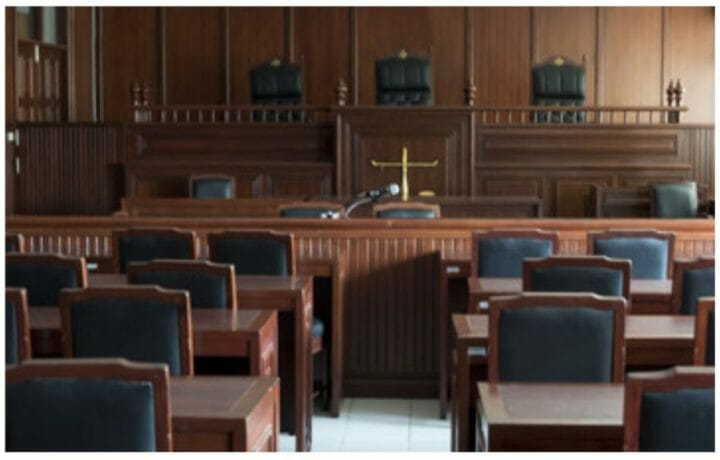It is a long-settled principle of western law that the party introducing evidence in a legal proceeding must first demonstrate that it is authentic – i.e., that it is what it purports to be. Security clearance adjudications don’t strictly follow the rules of evidence, but at the Departments of Defense and Energy – where cases are heard via formal, adversarial proceedings before Administrative Judges – the rules of evidence serve as a guide.
When it comes to the investigative reports generated by background investigators, DoD theoretically takes due process protections a step further. As a matter of policy, background reports of investigation (ROI’s) cannot be received into evidence at Defense Office of Hearings and Appeals (DOHA) hearings without an authenticating witness, at least for contractor cases.[1] The same ROI authentication requirement does not apply currently in military and DoD civilian security clearance appeal cases, although that is expected to change by September 2022 as a result of a January 2021 memorandum replacing the current, generally inferior process for military and civilian cases with the contractor process.[2]
Don’t Self-Sabotage Your Clearance
In the meantime, DoD contractors with a security clearance application in process should note the key word – “theoretically” – in the above description. I use that term because, yes, while DoD policy explicitly requires an authenticating witness for the introduction into evidence of the ROI, DOHA attorneys have long been utilizing a clever work-around that turns unwitting applicants into self-saboteurs.
DOHA Department Counsel (the name for the attorney assigned to represent the government in the hearing) does this by issuing applicants “interrogatories” in advance of the hearing or, in many cases, even in advance of the DoD Consolidated Adjudications Facility issuing a Statement of Reasons. The interrogatories look relatively innocuous because, in most cases, they simply provide a copy of the background investigator’s summary of the interview with the applicant and ask the applicant to confirm if that summary accurately represents what he or she said. The applicant is asked to make any necessary corrections, asked if he or she will “adopt the ROI as their testimony” (or similar language), and then instructed to return the report.
The Issue with the Interrogatories
The problem with all of this is that the applicant has just done the government’s work for them of authenticating the ROI, which can now be introduced as evidence against the applicant at a subsequent hearing. Without that, the government would have to produce the investigator to authenticate the ROI, which almost never happens.
In fairness, some of the interrogatories I’ve seen include a disclaimer that the applicant is not required to adopt the ROI as his or her testimony, but many do not. And most unrepresented applicants trying to appear cooperative wouldn’t appreciate the significance anyway. I’ve seen a lot of applicants sink their own ship with this and not even realize they’d done it.
To be clear, applicants who receive DOHA interrogatories are required to respond and answer questions or risk being denied their security clearance on the basis of non-cooperation. But answering questions and correcting inaccuracies in the record are vastly different than adopting someone’s non-contemporaneous summary of an unrecorded interview as an accurate (and presumptively complete) recounting of every nuance and detail of the conversation.
In most cases, it is not in the applicant’s interest to adopt/authenticate the ROI, although there are some exceptions. Regardless, in every case, it is imperative that the applicant correct each and every inaccuracy in the purported summary of their interview, as even the most minor inaccuracies not corrected can later become major issues in a hearing. With the assistance of experienced defense counsel, an interrogatory response can also be an opportunity to supplement the record with additional information that can mitigate or disprove concerns and potentially result in the clearance being granted without the need for further proceedings.
Proceed with Caution
For the most part, DOHA operates a clean process where applicants will get a fair shake – especially when compared to some of the other agencies we deal with. But this is one situation where applicants are advised to proceed with extreme caution and remember that the process is an adversarial one by design.
This article is intended as general information only and should not be construed as legal advice. Although the information is believed to be accurate as of the publication date, no guarantee or warranty is offered or implied. Laws and government policies are subject to change, and the information provided herein may not provide a complete or current analysis of the topic or other pertinent considerations. Consult an attorney regarding your specific situation.
[1] DoD Directive 5220.6, Additional Procedural Guidance, Section E.3.1.20.
[2] Military service members and DoD civilian employees are entitled to make a request to wait and have their case heard under the new procedures. The decision to make or not make such a request should be made only in conjunction with experienced legal counsel.




